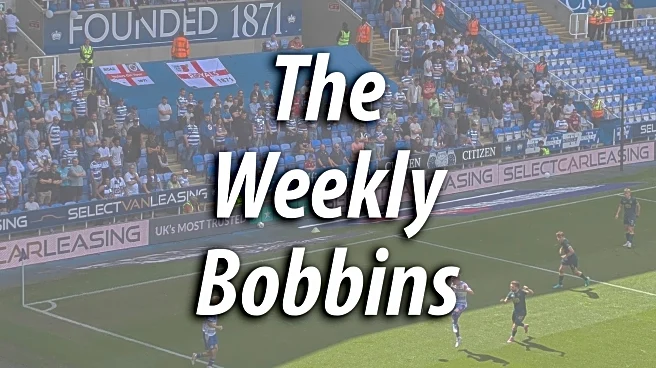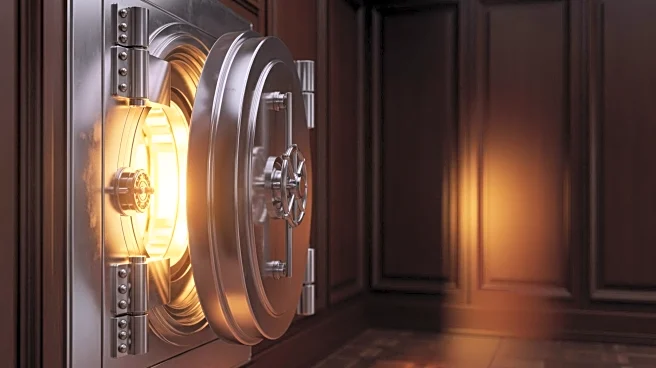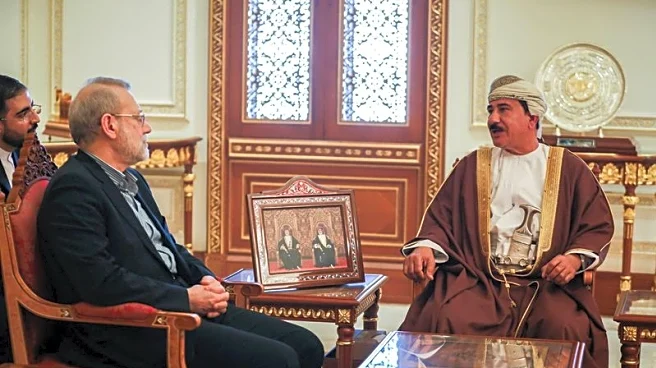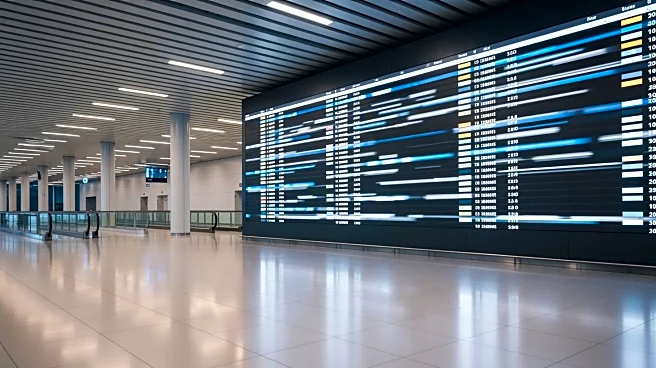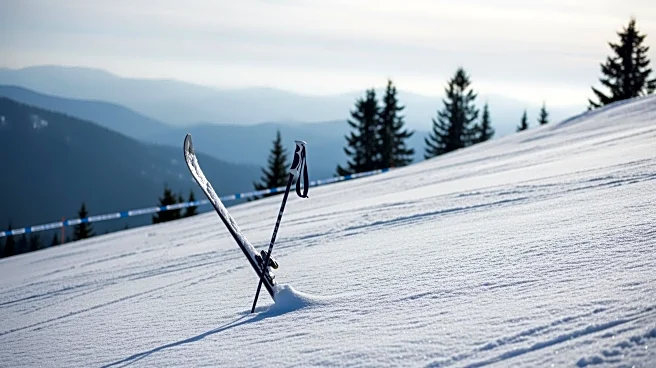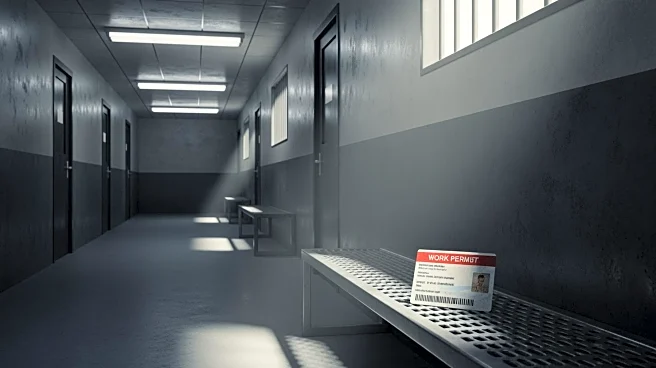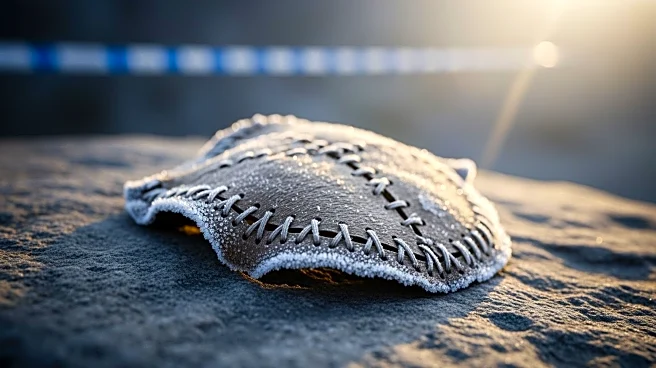After a rare Thursday win, there’s been plenty of time to take stock – both of the result itself and of our progress under Leam Richardson. We’re still in the early stages of that process and the sample size is small, but already there are tangible changes and reactions.
Since Veljko Paunović departed, we’ve bounced from manager to manager, and none of them have really built a body of work to call their own. Paul Ince was perhaps the exception, though most Reading fans would barely class that spell
as management, more as tactical floundering, at best.
For the first time in half a decade, we finally have a proper manager – one who feels like he’s steering the ship rather than just trying to plug the leaks. Leam Richardson knows the ropes, has been there, worn all the T-shirts and even picked up some silverware along the way. His record isn’t perfect, of course – there have been less-than-optimal seasons on his CV — but there are always wider factors behind those numbers.
As ever, it’s about finding a manager whose calibre matches where you are in the grand scheme of things. We all know the saying: “They’re at Reading for a reason.”
This is our level right now, and we’re not going to get the next Pep Guardiola. But, and it’s a big but, when you factor in availability, affordability and experience, Richardson is probably as good a fit as we could have hoped for.
Encouragement
Initial signs, including the heartwarming win over Stevenage, are promising. It’s always fascinating not just to hear a new manager’s philosophy in interviews but to see how that translates on the pitch – especially in contrast to what came before.
The first half of Richardson’s first league game was a sight for sore eyes. The intensity, the pressure, the combative edge of his side’s play were instantly palpable. The new messages, the new “non negotiables” – a phrase often borrowed from the Ruben Selles era – were clear for all to see.
The shapes and patterns weren’t reinventing the wheel, thankfully, but how they were deployed was a vast improvement. The players looked like they were enjoying their work again. None more so than Charlie Savage, scorer of the only goal, and what a finish it was, on his weaker side.
Savage’s effort and output have rarely been in doubt, but he seemed to play with more drive and purpose – as if belief had been restored. Less chasing shadows, more causing havoc. Alongside him, Lewis Wing also looked far more comfortable, and the same could be said for many others across the pitch.
Kelvin Abrefa probably delivered his best performance yet. Paddy Lane looked sharper, hungrier, more combative. Across the board, the first-half improvement was obvious.
We also saw the welcome return of three key players: Joel Pereira, Paudie O’Connor and Derrick Williams, with Matt Ritchie completing the comeback list. Only Jack Marriott and Liam Fraser remained sidelined.
For Richardson, those returns would have eased a few headaches heading into the game. He’s already hinted that this squad isn’t yet good enough to handle the full demands of a League One campaign if success is the goal.
Reflections
We were also treated this week to an interview with the owner, in which he reflected on the season so far and the reasoning behind the managerial change.
Owning the club, with all the challenges Rob Couhig and co. face after the wreckage of the Dai Yongge era, was never going to be a breeze. But it was refreshing to hear Couhig admit some things could have been handled differently, some things were simply the best that could be done, and others remain learning experiences.
What does feel like a genuine sea change, though, is the appointment of Richardson and his coaching staff. With Noel Hunt and Scott Marshall departing, only Mikele Leigertwood was retained. In came Richardson, James Beattie, Danny Schofield and, most recently, Rob Kelly – a net gain of two experienced coaches.
And we’ve even signed a player. Randell Williams has joined until January 2026, with a longer stay surely in mind if all goes well.
The picture is beginning to take shape. Richardson wanted his own men around him, and there were to be no half-measures. Either it’s done properly or not at all.
It seems that, in those early discussions, his terms were non-negotiable. Couhig may have tried to do things on the cheap in the past, but if this project is to have any real chance of success, then Richardson’s way has to be followed.
If the Stevenage performance – and, for once, it really was a performance – is a taste of what’s to come, then we can all allow ourselves to feel a bit more enthused. A new lease of life has been pumped into the players. We looked solid and organised – a fitting metaphor, perhaps, for the new managerial structure that’s finally taking shape.
